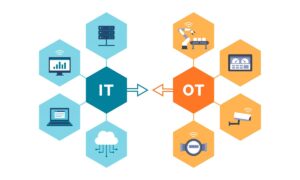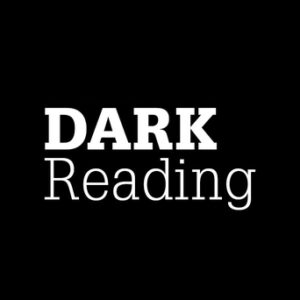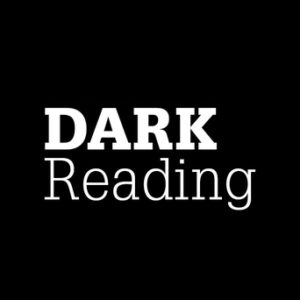NEW YORK and TEL AVIV, Israel, Nov. 16, 2022
/PRNewswire/ — Cymulate, the leader in cybersecurity risk validation
and exposure management, today announced the results of a global survey
of more than 1,000 IT and security professionals examining the influence
of ongoing uncertainties in cybersecurity and cyber resilience. The
2022 Cymulate Global Readiness Survey investigated the impact of
increased geopolitical tensions, economic concerns, and the Great
Resignation, as well as more technical aspects such as the rise of
supply chain attacks and the efficacy of best practices, on
cybersecurity and cyber-readiness within enterprises.
Consolidation of cybersecurity solutions was a key theme within the
findings, with 60% reporting their organization is seeking to reduce the
number of solutions in use. Notably, only 20% of respondents reported
affordability as the main reason, while 23% and 22% cited usability and
the need to right-size their security setup as the primary driver of
consolidation. “Businesses of all sizes shared that it is no longer
about point solutions. With the volume of security tools and data, the
need has shifted towards an integrated security suite,” said Carolyn Crandall,
chief security advocate at Cymulate. Economic anxiety has delayed
purchasing, with most respondents noting project delays of three to six
months. Interestingly, rising geopolitical tensions like the conflict in
Ukraine and the standoff over Taiwan were not cited as having an impact on budget reductions or purchasing decisions.
Additional key highlights of the survey include:
- Cybersecurity workers are twice as likely as the overall labor market to be part of the Great Resignation:
Twice as many respondents say they are frustrated by their jobs and
actively looking for new roles than the average. The rate quadrupled
when cybersecurity teams are short-staffed and work conditions have
worsened, or the enterprise declined to prioritize basic cyber hygiene
principles. - The industry remains challenged with adopting essential cybersecurity hygiene best practices: Though
a critical component of shoring up cyber resiliency, roughly one-third
to almost one-half of respondents said their enterprises had yet to
adopt multi-factor authentication (MFA), improved identity access
management (IAM), least privileges adoption, EDR adoption, web
protection, and phishing education. - Frequent supply chain attacks are driving cybersecurity preparation:
52% of respondents indicated that they believe supply chain issues to
be responsible for up to a quarter of all attacks, while 26% believe it
may be as high as half of all attacks. The threat of supply chain
attacks is affecting organization’s strategies, with 45% of respondents
reporting that the vulnerability of the supply chain has led to
increased cybersecurity proactiveness and preparation. - The adoption of proactive cybersecurity testing is key to reducing risk and staying in front of evolving threats:
80% of respondents said their organization had adopted some degree of
proactive measures. However, only 29% reported their organization had
incorporated penetration testing or other baseline measures.
Additionally, only 30% of respondents said their organization had
incorporated advanced proactive solutions that include breach attack
simulation (BAS), attack surface management and vulnerability
management, indicating significant room for growth.
With the increasing number of cyber threats and their devastating
effects on business revenue, productivity and reputation, Frost &
Sullivan projects the global BAS market to increase at a CAGR of 38.5%
between 2021 and 2026.
The global survey was conducted on LinkedIn and gathered responses
from more than 1,000 IT and security professionals representing a wide
range of industries, organization sizes, and specific roles. Of the
respondents, 81% occupy a technical role, such as cybersecurity, IT, or
DevOps, and 70% are considered decision-makers in the organization,
including individuals at the manager, director, and executive levels.
The survey includes respondents from North America, Latin America,
APAC, and EMEA representing companies ranging in size from less than
500 employees to more than 50,000. In addition, nearly every major
industry is represented, including finance, healthcare, manufacturing,
retail, and others, yielding a broadly representative sample.
About Cymulate
The Cymulate cybersecurity risk validation and exposure management
solution provides security professionals with the ability to
continuously challenge, validate and optimize their on-premises and
cloud cybersecurity posture with end-to-end visualization across the
MITRE ATT&CK® framework. The platform provides automated,
expert and threat intelligence led risk assessments that are simple to
deploy, and easy for organizations of all cybersecurity maturity levels
to use. It also provides an open framework for creating and automating
red and purple teaming exercises by generating tailored penetration
scenarios and advanced attack campaigns for their unique environments
and security policies. For more information, visit www.cymulate.com.
SOURCE: Cymulate













